
Uprising: Why Iris Haverkamp Begemann Is Allergic to Pigeonholing
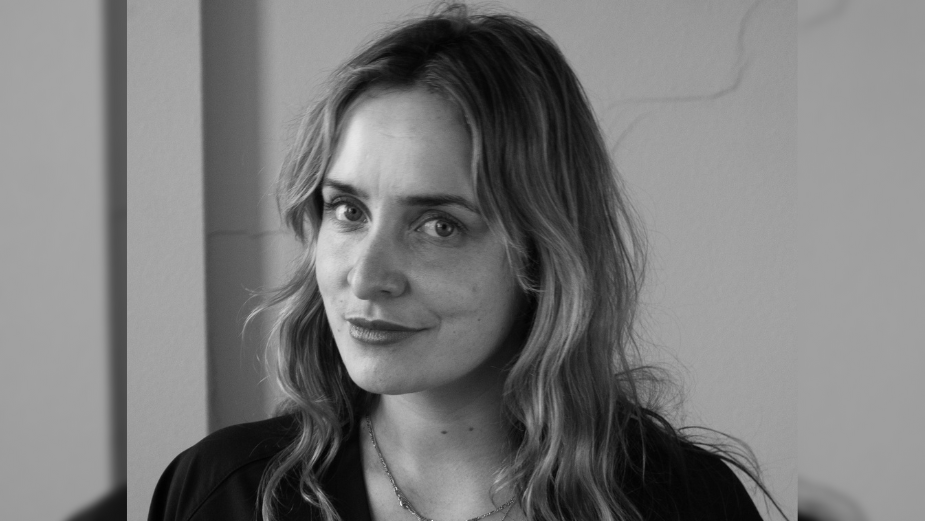
The environment of a person’s upbringing isn’t necessarily reflective of how they feel and what they want to say through creative outlets. Within the confines of Dutch society and culture, and in what she describes as “a white and relatively elite part of society”, Iris Haverkamp Begemann didn’t feel the most comfortable. Thus, she found comfort behind the lens.
During her childhood, as Iris found herself going over to friends' houses, the idea of adventure was bubbling under the surface whenever she was in unfamiliar territory. She says, “My biggest pleasures were playing at friends’ houses, because that meant a different neighbourhood and a new area to explore, building tree houses and doing sneaky stuff!”
“As a kid, I was either dreaming, creating my own fantasy world, or I would go outside to seek adventure,” Iris says, reflecting on her upbringing in the Netherlands. It would seem that her desire to escape reality was what she describes as the first sign of her wanting to “modify or glorify reality”, to have it be more in keeping with her own sense of self. She continues, “As a theatrical, chaotic and dreaming kid I felt different from my surroundings. This feeling of not fitting in has caused me to feel attracted to people who experienced being a misfit as well. I obsess about questioning the self-evidence of socially constructed reality in society.”
Though school life wasn’t the best fit for Iris – because of the authority enforced – she found a love for writing essays for her philosophy class and eventually, went on to study for a bachelor's in journalism. In the back of her mind though, was her passion for photography, which was spurred on by getting a Canon FTb and a Hasselblad 500C/M at age 18. With that feeling refusing to subside, she studied the craft for two years before embarking on her own journey. “The Fotoacademy helped me with a technical education in photography, but after two years I felt I had learnt enough to start out for myself.”
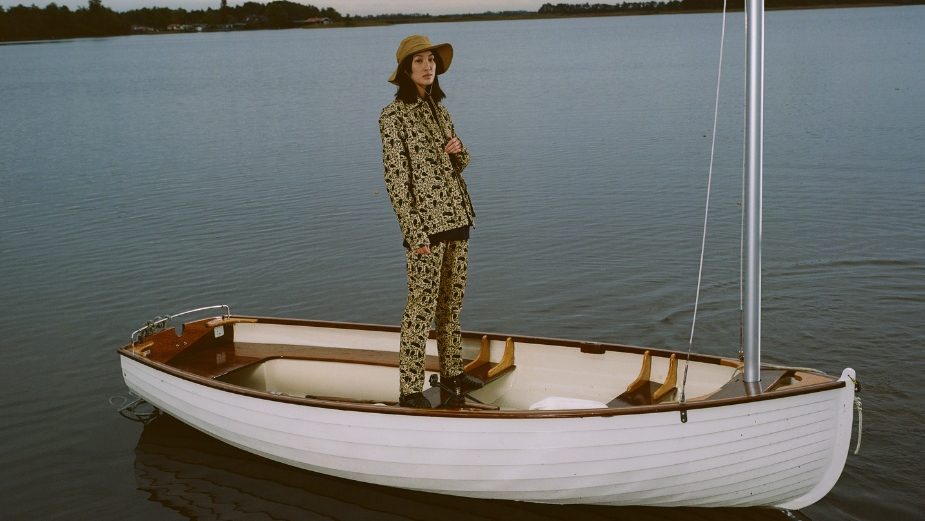

Part of altering her own reality since childhood meant Iris’ ability to convey her emotions through a lens translated into the projects she would go on to create. “With my camera, I explore the themes of identity and belonging within this socially constructed reality, and I am motivated to give a voice to people who are too often not heard or seen in society,” she says.
Directly motivated by her upbringing, she mentions, “My background is in Dutch culture, in what I’ve perceived as a white and relatively elite part of society.” Though it was a safe environment with an abundance of opportunities, she says, “it was very segregated from the rest of society, which I didn't really realise at the time, but at some point drove me to create my work,” she continues, “I believe that my not fitting into this environment, and not living up to the expectations that prevailed in this environment, stimulated this. It created this urge in me to make work which holds up a mirror to the bubble that I come from.”
Creating work with the intention to either exhibit or sell her pieces, Iris often had her work represented by Galerie Fleur en Wouter and found herself at photography festivals. Eventually, Maru Asmellash from The New Originals approached her to do a fashion shoot, and then another. “From there it all started in fashion,” she says, “Production house CZAR Amsterdam asked me to join their agency, which I am really grateful for since I am not really great at selling myself and my work.” So, it’s safe to say that it wasn’t part of her plan to get into the industry, but she happily found herself here and keeps her driving force in mind. “I just want to make work I find interesting to create and address themes I care about.”
Shooting the SS21 campaign for The New Originals was her first professional project and Iris made sure she was ready for it. “I made drawings of every set beforehand and showed this to the brand producer, Maru. My drawing skills are very bad, so this sounds much cooler than it looks. He gave me all his trust to fully creatively direct the shoot myself.” Though it was stressful because of the tight deadlines, the talented cast helped support her, “I was rushing from one set to another: on a roof, in a boot on a small island and I ended up in the water multiple times, even though it was a *very* cold October day. Thank God we had the most talented cast who also wanted to perform all my grandiose ideas.”
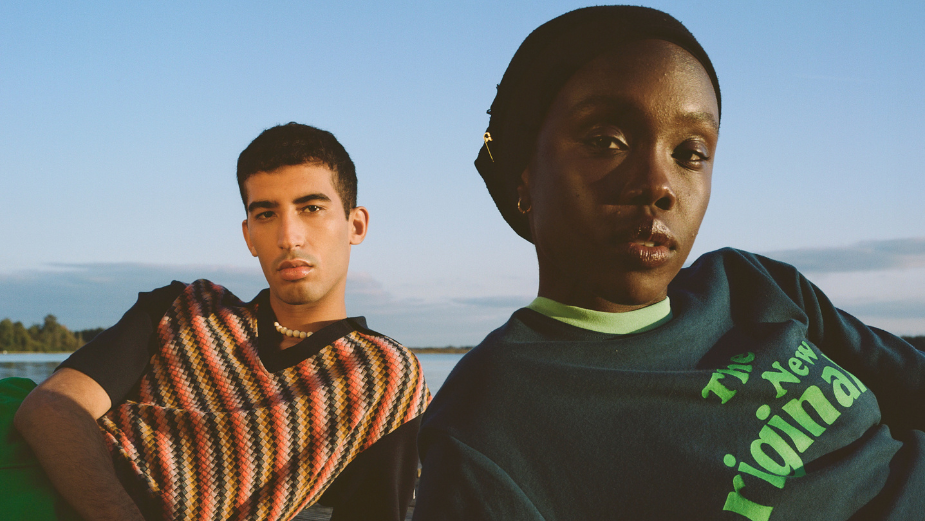
During her first project, as well as throughout her career, the most challenging part of Iris’ process is battling with her desire to get things exactly right. “I am a perfectionist, even if I get little to nothing for a project, I still want to go the extra mile to achieve the best result. This can sometimes cause unnecessary stress, as I could lower the bar a little bit at this point.” Along with that, she also mentions, “I'm allergic to pigeonholing,” so between the two, she’s keen to get to a place where she can let go and accept people’s views on her work that may be different to what she set out to achieve.
Iris’ most recent project, titled ‘I Went on a Holiday to the Country You Fled From’, was the photo series that she believes has had the most impact on her career so far. She says, “It gave me the opportunity to explore new things in the field of photography. I guess it also changed my career in the sense of opening new and exciting doors: a solo exhibition at the Melkweg Expo, exhibiting in London and I am now creating my first book.” It also touches on her favourite aspect of the process, namely exploring “thoughts on human beings, on identity and how we consist in society.” With research and years to hone everything, she doesn’t rush the process, believing it’s just as important as the outcome.
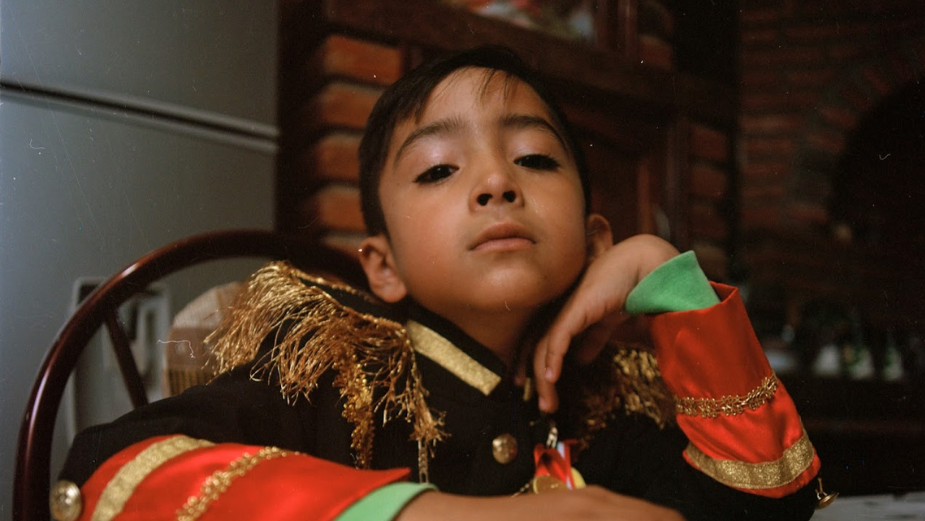
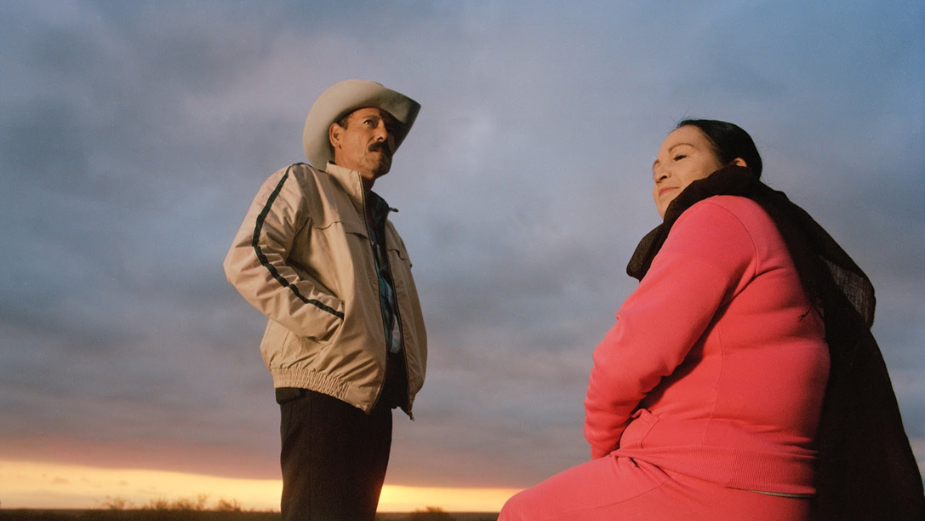
“I would like to have more collaborations within my photography with people who are mostly not represented in the media the way they want or should be,” says Iris when reflecting on what she aspires to in the future. Understanding the relationships between humans and society, and how that can translate into society is what she believes holds power and is the key to the future of her work.
Passionate about both on and off camera representation, she wants to see “more diversity behind the camera, which means stories are also told from more backgrounds and points of view.” For her, diversity should be celebrated and part of this includes making the industry a fairer place when people join. Her frustration with that lies in photographers being expected to deliver a series with no compensation, being “underestimated in terms of effort, craft and therefore, fee.”
The inspiration for Iris’ work comes from several different places, but includes books by authors such as Susan Sontag, print such as in Foam Magazine as well as visual mediums such as the cinema, watching movies and “discovering the allegory of the story.” And when it comes to specific people in the industry who Iris believes are going great things, she says, “Gordon Parks, Alec Soth, Joel Meyerowitz, Daidō Moriyama, Tina Barney, Dana Lixenberg, Nan Goldin, Martin Parr have been huge inspirations for me.”
“I have recently discovered the photographer Danielle Levitt and her series ‘We Are Experienced’. The way the images are composed is truly inspiring. I really want to do a project like this in the Netherlands.”
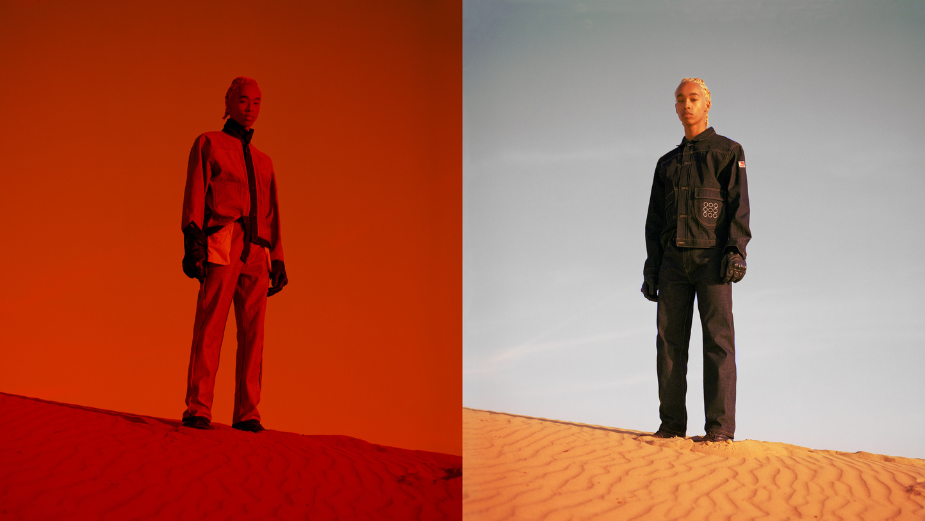

Aside from her passion for the industry, Iris makes sure to keep time aside to tend to her hobbies and explore other passions. Part of this includes doing yoga and going on runs, using both to calm her restlessness. She also says, “I love cooking – especially experimenting with a lot of different spices and herbs – reading (fiction, philosophy, photography), music, going to the movies, and exploring nature.”
Her reading recently has consisted of two fiction books by screenwriter Guillermo Arriaga. Explaining why they made her read on, she says, “I really like how you, as a reader, get sucked into his story and how each character is so authentic and well-developed… A bit like the series Fargo. Because he’s a screenwriter, the whole book feels like a movie: visually stimulating.” This visual want also translates to her watching documentaries on the Dutch broadcaster NPO as well as National Geographic – both reading and watching.
Leaving us with her current project, Iris teases what’s to come: “I have been visiting a safe house for transgender people who have fled from their homes in Latin America for the last two years. I’m documenting their stories, but I also want to let them direct their own image. Every day, they’re living the imposed identities (by society) of ‘transgender people’ or ‘refugees’. With these photos, they will hopefully be able to present themselves as they want to be seen.”













